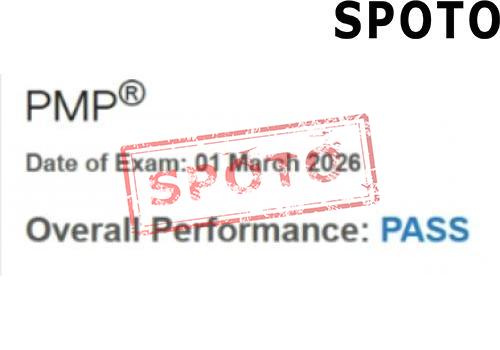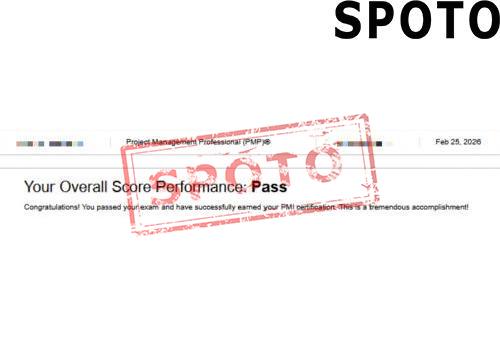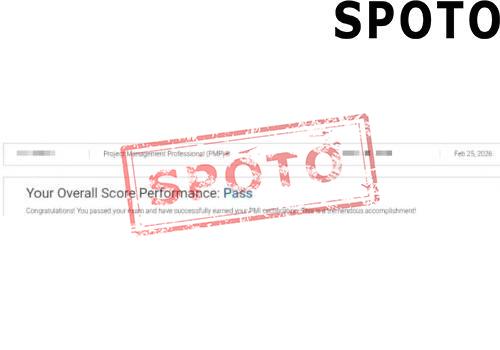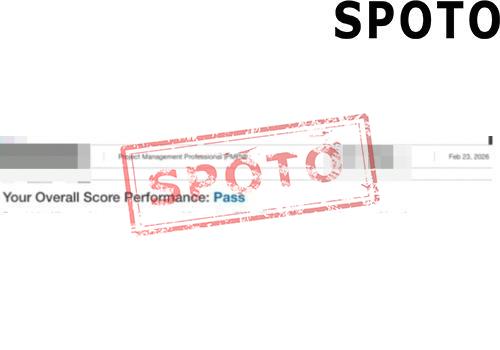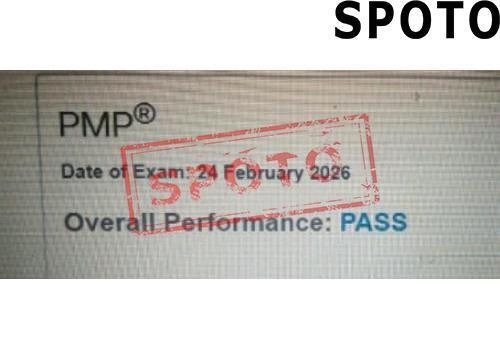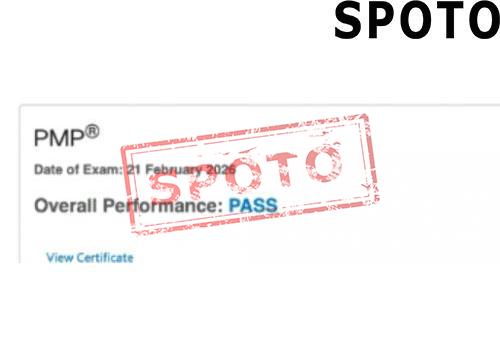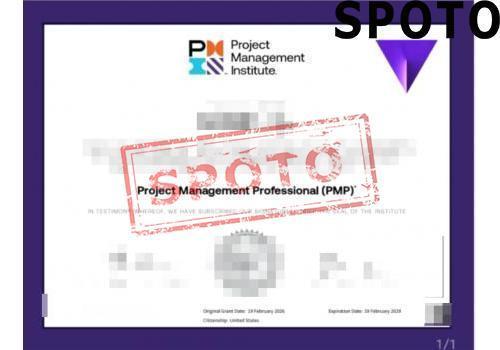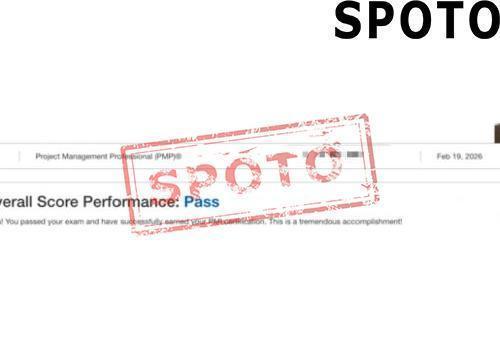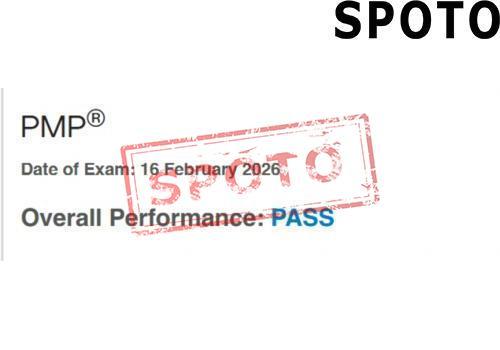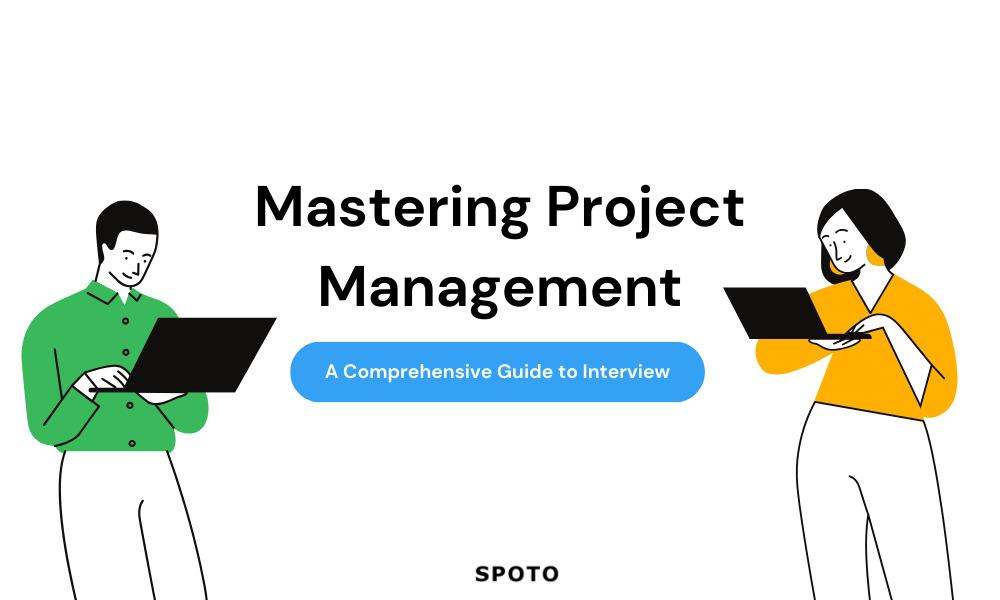
Table of Contents
Introduction to Project Management Interview Questions and Answers
Project management stands as a pillar in the contemporary business arena, signifying the difference between success and chaos. The preparation for project management interviews is critical as it highlights an individual's ability to navigate complex business landscapes. This article unfolds the essence of such interviews, offering a spectrum of insights and sample responses.
Key Topics in Project Management Interview Questions
A. Leadership and Communication Skills
Leadership paired with effective communication underpins successful project outcomes. Aspiring project managers should demonstrate their proficiency in guiding teams through turbulent times while maintaining clear, transparent lines of communication.
B. Project Planning and Organization
An organized approach to project planning ensures clarity and direction. The methodology for defining objectives, scheduling, and setting milestones are critical points of discussion in interviews.
C. Risk Management and Problem-Solving
Identifying, assessing, and mitigating risks are fundamental to maintaining project integrity. An adept project manager navigates these challenges with strategic problem-solving skills.
D. Team Management and Collaboration
Harmonious team dynamics are essential for project success. Candidates should showcase their strategies for fostering collaboration and managing diverse teams.
E. Project Budgeting and Cost Control
Financial acumen in budget planning and cost management safeguards a project's fiscal health. Interviewers seek candidates with proven experience in this area.
F. Stakeholder Management and Relationship Building
Effective stakeholder engagement is crucial for project alignment and success. This section explores tactics for managing stakeholder relationships.
Tips for Success in Project Management Interviews
A. Preparing for Common Project Management Interview Questions
Begin your preparation by familiarizing yourself with typical project management questions. This includes inquiries about leadership styles, communication techniques, risk management strategies, and team collaboration. It's beneficial to prepare concise responses that demonstrate your application of project management theories and practices in real-life situations.
B. Showcasing Relevant Experience and Achievements
It's important to strategically showcase your accomplishments and relevant experience in project management during the interview. Do this by weaving narratives that demonstrate how your project management skills have contributed to past work successes. For example, discuss how you've led teams in the successful completion of projects, managed budget constraints, dealt with unexpected changes, and maintained strong relationships with stakeholders.
C. Highlighting Transferable Skills
Emphasize your transferable skills, including organization, communication, leadership, and problem-solving abilities that are applicable to project management. Remember, these are the competencies that recruiters often look for, hence offering instances from your career where these skills were vital can provide a competitive advantage.
D. Demonstrating Problem-Solving Abilities and Adaptability
In the dynamic field of project management, the aptitude to swiftly adapt to changes and solve problems is crucial. In your answers, incorporate examples from your past jobs where your problem-solving skills and adaptability helped to overcome hurdles. This will illustrate your agility, resilience, and innovative thought process in the face of challenges.
E. Asking Thoughtful Questions to The Interviewer
End your interview on a positive note by posing thoughtful questions to your interviewer. This could involve asking about the company's approach to project management, the nature of the team you'll be working with, or the opportunities for professional growth within the role. Doing so not only reflects your interest in the position but also demonstrates your desire to contribute positively to the company's project management procedures.
Conclusion
The mastery of project management interview questions not only prepares candidates for the complexities of the hiring process but also equips them with a comprehensive understanding of the multifaceted role project management plays in achieving organizational success. This adeptness in navigating through critical queries reflects a profound comprehension of the discipline, underscoring the necessity of a solid foundation in project management principles.
Embarking on interviews with a robust arsenal of knowledge and strategies signifies more than readiness; it embodies a commitment to excellence and a dedication to fostering impactful project outcomes. As businesses continue to evolve in an era of relentless change, the significance of solid project management expertise remains paramount. It is not merely about guiding projects to their successful completion but about driving innovation, enhancing efficiency, and building resilient teams capable of overcoming challenges and seizing opportunities.
In essence, the journey through mastering project management interview questions is a reflection of one’s dedication to professional growth and operational excellence. It paves the way for aspiring project managers to become pivotal contributors to their organizations, harnessing the power of effective leadership, strategic planning, and meticulous execution to turn visions into realities. Thus, the quest for knowledge and preparation transcends the interview process, serving as a cornerstone for career advancement and success in the ever-dynamic field of project management.
